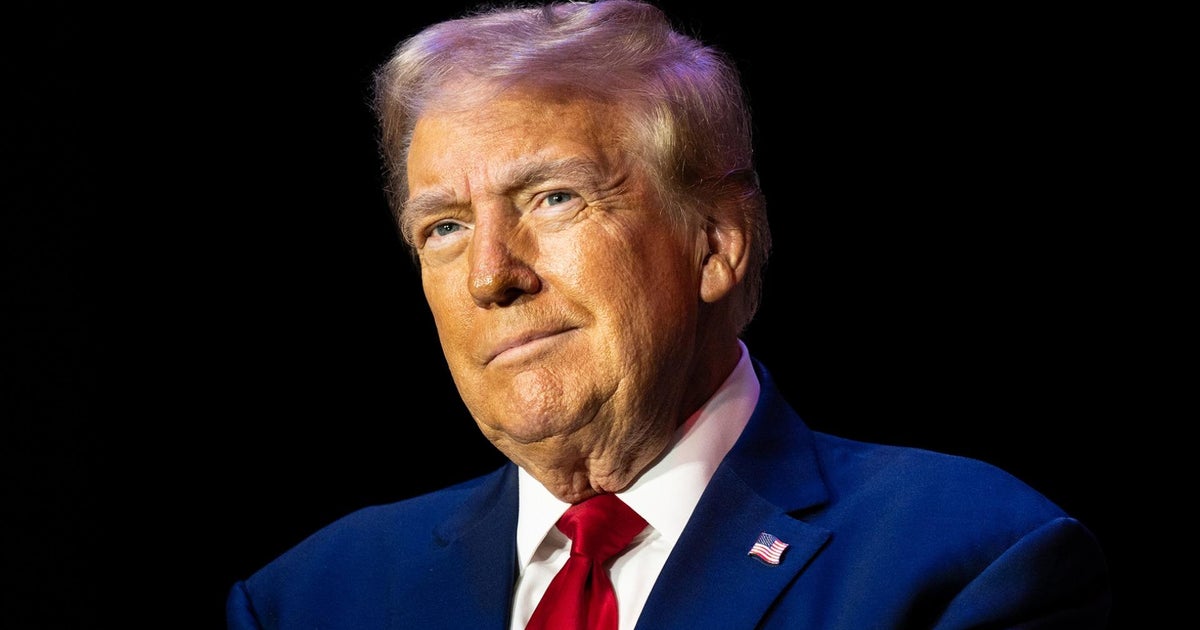New Book Claims Trump Fabricated His Business Success
In a world where the line between reality and perception often blurs, few figures embody this phenomenon as vividly as former President Donald Trump. Known for his brash persona and self-proclaimed business acumen, Trump has long positioned himself as a titan of industry. However, a new book titled "Lucky Loser" by investigative reporter Russ Buettner challenges this narrative, alleging that much of Trump’s business success is fabricated.
The Author and His Background
Russ Buettner is no stranger to investigative journalism. As a reporter for The New York Times, he has spent years uncovering the intricacies of financial dealings and corporate practices. His latest work, "Lucky Loser," aims to peel back the layers of Trump’s business empire, revealing what he claims are the myths that have been perpetuated over decades. Buettner’s insights are not just based on speculation; they are grounded in extensive research and interviews with individuals who have been close to Trump’s business dealings.
The Premise of "Lucky Loser"
At the heart of "Lucky Loser" is the assertion that Trump’s image as a successful businessman is largely a façade. Buettner argues that Trump’s ventures, from real estate to entertainment, have often been marked by failure and mismanagement. The book details various business ventures that Trump has touted as successes, only to reveal the financial struggles and legal troubles that often lurked beneath the surface.
One of the most striking claims made in the book is that Trump’s financial success has been bolstered by a series of strategic misrepresentations. Buettner suggests that Trump has consistently exaggerated his wealth and the profitability of his businesses, creating a narrative that has captivated the public and media alike. This narrative, according to Buettner, has allowed Trump to maintain a brand that is synonymous with success, despite a track record that tells a different story.
The Role of "The Apprentice"
Trump’s reality television show, "The Apprentice," played a significant role in shaping his public persona. For over a dozen seasons, viewers watched as Trump portrayed himself as a savvy businessman and master dealmaker. However, Buettner argues that the show was not just entertainment; it was a carefully crafted image that obscured the reality of Trump’s business dealings.
The book posits that "The Apprentice" served as a platform for Trump to reinforce his self-made narrative, allowing him to sidestep scrutiny of his actual business practices. By presenting himself as a successful entrepreneur on television, Trump was able to cultivate a loyal following that viewed him as a legitimate businessman, despite the mounting evidence to the contrary.
Financial Mismanagement and Legal Troubles
Buettner’s investigation delves into specific instances of financial mismanagement that have plagued Trump’s businesses. From the infamous Trump University to the failed Trump Steaks, the book outlines a series of ventures that not only failed to deliver on their promises but also led to significant legal repercussions. These examples serve to illustrate the disconnect between Trump’s public persona and the reality of his business operations.
Moreover, Buettner highlights the role of debt in Trump’s business strategy. The book argues that Trump’s reliance on loans and credit has often masked the underlying weaknesses of his ventures. This reliance on borrowed money, coupled with a series of high-profile bankruptcies, paints a picture of a businessman who has often struggled to maintain financial stability.
The Impact of the Book
"Lucky Loser" is poised to spark significant debate and discussion, particularly in the context of Trump’s ongoing influence in American politics. As the former president continues to be a polarizing figure, Buettner’s revelations may challenge the narrative that has long surrounded Trump’s business success. The book raises important questions about the nature of success in America and the lengths to which individuals will go to construct a favorable image.
Conclusion
In a landscape where perception often trumps reality, "Lucky Loser" serves as a critical examination of Donald Trump’s business legacy. Russ Buettner’s investigative work invites readers to reconsider the stories they have been told about one of the most recognizable figures in contemporary America. As the book gains traction, it will undoubtedly contribute to the ongoing discourse surrounding Trump’s impact on business, media, and politics. Whether readers will embrace Buettner’s claims or dismiss them as politically motivated remains to be seen, but one thing is clear: the conversation about Trump’s business success is far from over.


